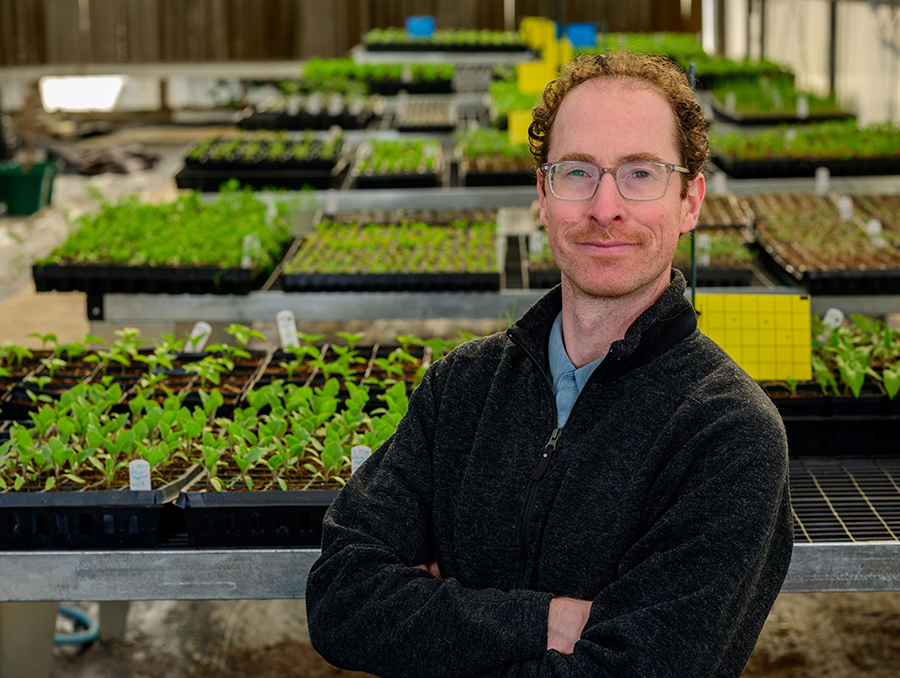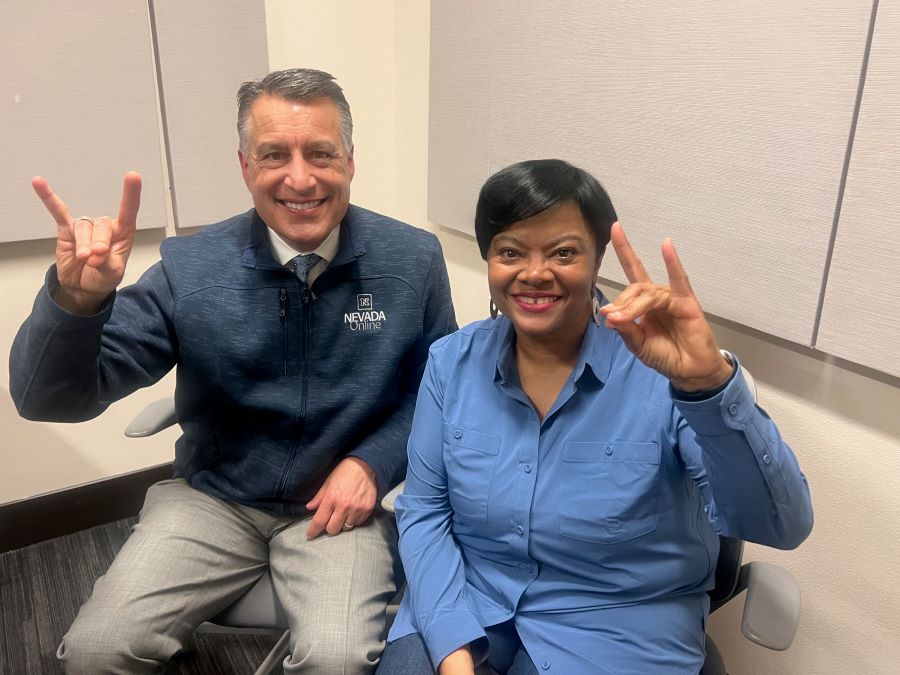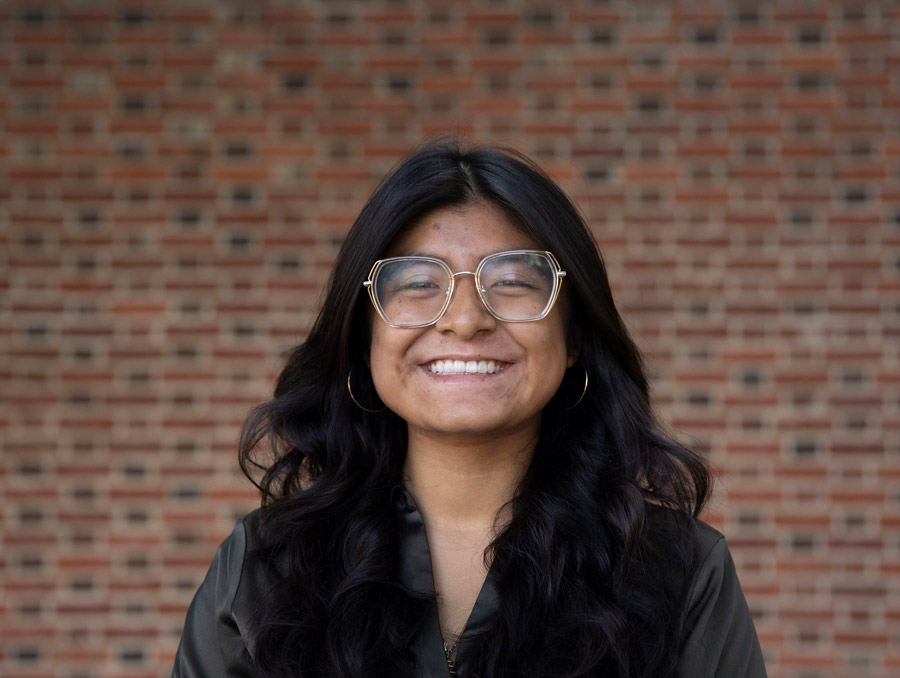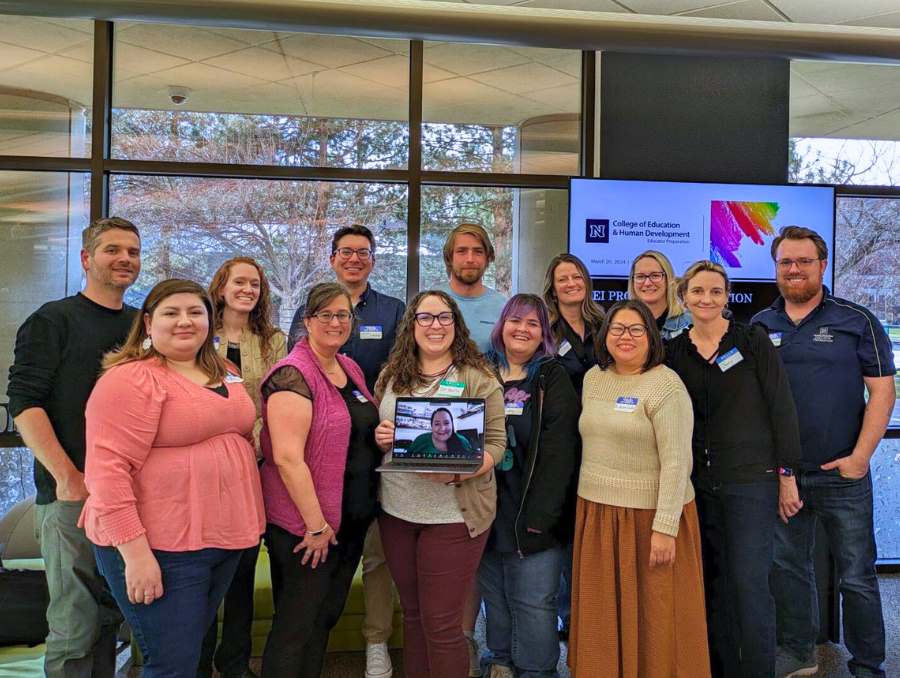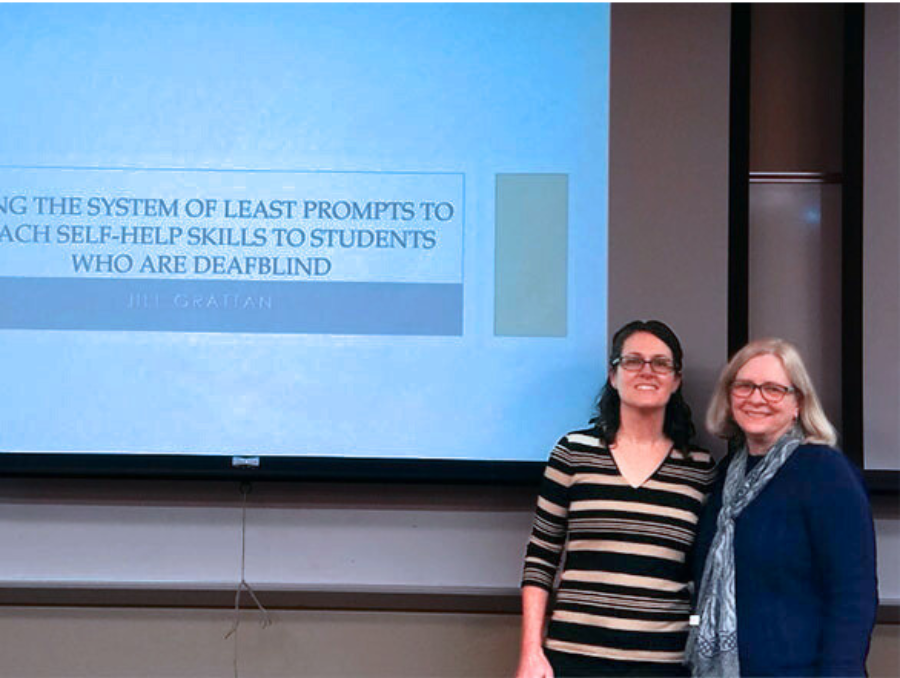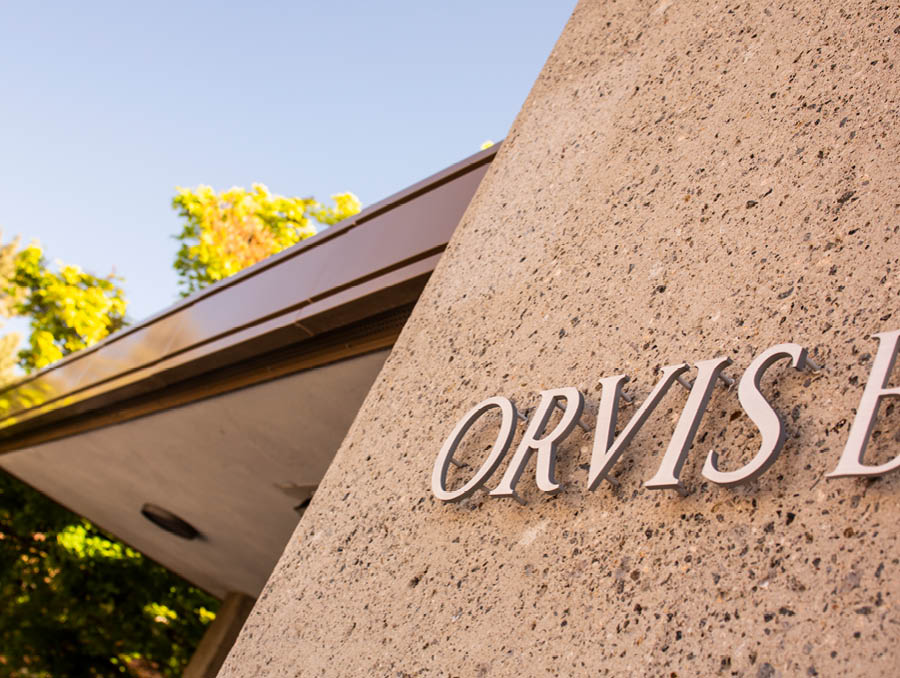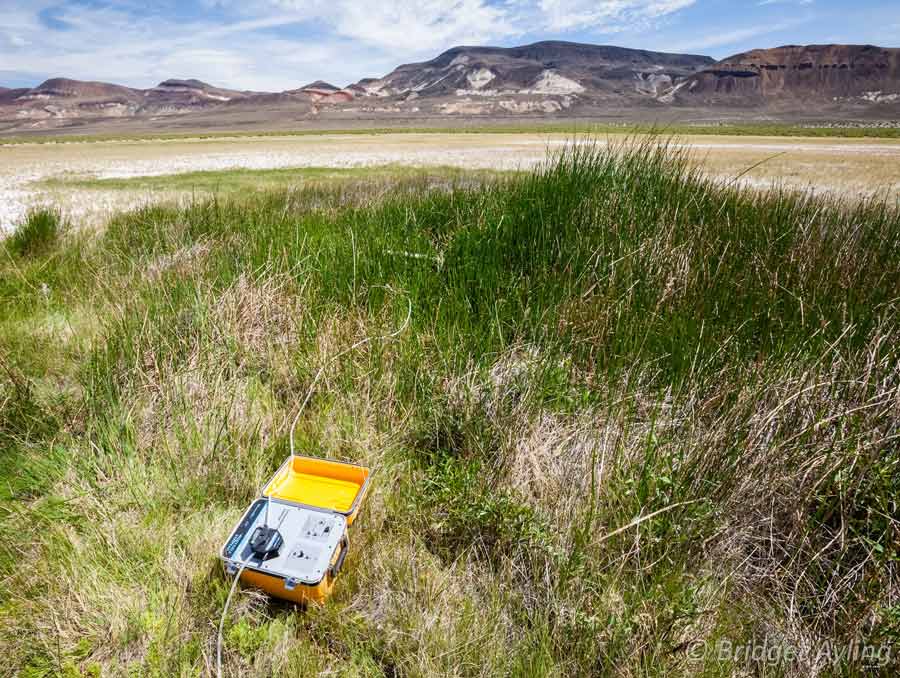Cole Azare's time out of the military is nearly equal now with the time he served in the military.
In 2000, only a few months removed from graduating from Green Valley High School in Henderson, Nev., Azare enlisted in the Navy. He served six years, and was deployed twice in support of operations in Iraq, including the United States' initial invasion in 2003.
Now, quickly approaching his sixth year as a civilian, the 29-year-old admits that there are days when he still struggles to reconcile the two worlds, the military's tightly structured, highly regimented world, and the life of a civilian, which rarely follows script and sometimes can meander through numerous fits and starts.
The day the United States announced that Al-Qaida leader and 9/11 mastermind Osama bin Laden had been killed in May provided a poignant example to Azare that what should have been celebratory news was actually much more complex -- densely layered with conflicting emotions.
Like many veterans, Azare's time in the military was forever altered by bin Laden's actions.
"9/11 was the one-year anniversary of when I joined the military," Azare recalled recently. "When I joined, it was still a peacetime military. And then one year in, my life switched. Everything became refocused."
Ten years later, Azare recalled where he was last May when word came that bin Laden had been killed by an American special forces team in Pakistan.
"We were in the middle of getting ready for finals," the sophomore political science major said. "Everyone celebrated, and I did, too ... for about two hours.
"And then the other memories came. And then you realize that even though he's gone, your friends aren't coming back. People wonder, 'Why can't you be happy on a day like that?' Because there are other things that you don't quite grasp. You probably shouldn't tell anyone what their emotions should be like on a day like that.
"The emotions ... they really flooded that day."
Azare is certain the emotions will probably also flood on Friday, Nov. 11 - Veteran's Day - when he and a number of campus veterans and representatives from the University's faculty, administration and student body will be on hand for a nationwide grassroots effort called "Remembrance Day National Roll Call" to honor American service men and women who paid the ultimate sacrifice during military operations in Iraq and Afghanistan since 2001.
During the event, local veterans, students and campus and community volunteers will read the names of more than 6,300 casualties of Operating Enduring Freedom and Operation Iraqi Freedom. University President Marc Johnson will open the program after the singing of the national anthem at 7 a.m. in the Reno City Plaza, on First and Virginia Streets.
A national moment of silence will be held at 11 a.m. as more than 150 colleges and universities across the nation are expected to hold similar ceremonies.
Azare said his emotions are probably still a little too raw for him to participate in the reading of the names. But he said he will be there, to lend support and be part of an event that he said will be "really amazing."
"Veteran's Day has become a very solemn day," he said. "I have friends that I will never see again. We were asked to read names ... and for me, I would probably break down and cry, especially when the roll call gets closer to some of my friends' names.
"But I'm happy about the event. I think it's a very honorable thing to do. We're going to be supporting it wholeheartedly. More than sixty-three hundred names is a really daunting number. But I think this event will help bring a lot more veteran's awareness, which is a good thing."
Veteran's awareness has become one of the driving forces in Azare's life since his arrival on the University campus in 2009.
If not for the support of others, he readily admits, he might not have made it to Reno.
Upon his discharge from the Navy in 2006, Azare worked and lived in Orland, Calif., a small Sacramento Valley town bisected by Interstate 5 where at the local airfield nearly 70 years earlier, U.S. Army pilots mastered the intricacies of flying B-17 bombers.
"I was trying to work, but things just weren't working out," he said. "Things were going poorly at that point and I realized I wanted to go a university ... to a school where I could actually walk to campus. I had heard about the University, but it had never really interested me. But, I decided to call their Veteran's Services office."
The Veteran's Services coordinator in 2009 was Johann Sprenger, who happened to answer Azare's phone call.
"I told Johann about my concerns," Azare said. "The (college entrance and financial aid) paperwork just seemed overwhelming to me. I was thinking, 'Oh God, how am I ever going to get through all of that?' This was in April, and school was starting in August."
Sprenger's voice was calm and reassuring.
"Let's meet," Azare recalled Sprenger saying. "It's only a couple hour drive to Reno for you. If you come here to meet, I'll show you how to do the paperwork."
That was all Azare needed to hear: "As soon as I got here, I saw the school, met with Johann, and I was like, 'OK, I like this place. This looks like a nice place. I want to go to school here. I've been here since 2009, and I've not had a bad experience on this campus."
Although he enjoyed his classes, and dove wholeheartedly into his studies, Azare still felt isolated. For a while, his social circle was limited to perhaps 10 people. He began to wonder if other veterans on campus were experiencing something similar, and if there was more that could be done to help.
"It's not necessarily complicated when you are a veteran and you come to a college campus," Azare said. "The complication comes with the culture shock. In the military, you're guided through what you need to do; everything comes with a checklist in the military. On a college campus, there is no one walking you through your checklist. It's more of a culture shock that way."
Azare's sense was that the Veteran's Services office was working as hard as it possibly could to help the campus' veterans, who number in the hundreds, with every detail imaginable, from the process of filing for Veteran's Administration (VA) education benefits to finding quality academic and financial aid counseling.
According to the University's Services office, the campus has seen a marked upswing in recent semesters regarding students who are using the VA's education benefit, with increases both in students who are using the VA education benefit and the Chapter 33 Post-9/11 GI Bill benefit, an education benefit for service men and women who were on active duty on or after Sept. 11, 2001.
Veterans Services estimated that it assists close to 500 students who are registered for veteran's benefits each term, in addition to another 200 or so who are seeking intake, counseling or admission information to the University, said Terina Caserto, the current Veteran's Services coordinator.
Azare said Caserto's thorough, timely and empathetic work has helped the campus' veterans immensely.
"Terina is an amazing person," Azare said. "She puts more work into her job than God."
Wolf Pack Veterans, a social club helping to integrate veterans with non-veterans through fundraising and social activities, has seen good success in complementing Veteran's Services role as a veteran's first point of contact at the University. Recently Wolf Pack Veterans became part of the national organization, Student Veterans of America -- another testament to the group's reach and effectiveness.
Azare is trying to do his part in this effort, with his work in the organization of the campus' first professional and social veterans' fraternities, Omega Delta Sigma (professional) and Nu Phi Theta Lambda (social).
"The one thing I've noticed is that the majority of men and women who are going back to school right now are doing it after one enlistment," he said. "They are usually between the ages of 22 to 25, generally. They get out, they're not that old, but they feel 10 times older. That's why we started the social fraternity; whether people like the Greek system or not, they have to admit that the Greek system is a great way to take people and get them to interact with other people."
Such interaction, both in a professional and social setting, are keys to a smoother transition to college life, Azare said.
"I know in my own experience, I was out for three years and I didn't know any other veterans," he said. "When I got out, I had no one to tell me or help me deal with the fact that I was going through tough times. The thing is, you're leaving one lifestyle and entering another, one that you never had a chance to experience as an adult.
"You tend to think that people don't understand you, that it's their fault that they don't understand you. I just felt there was another niche out there, and by using a fraternity, once you get them in, they interact ... veterans learn that they're not really all that different."
For Azare, college, as with so many other students, has made a profound difference. His political science major and planned graduation sometime in 2013 will hopefully catapult him into the public policy realm, where he plans on staking a career in helping veterans.
"Overall, I don't regret joining the Navy," he said. "It definitely forged the adult that I am. Taking those experiences in the Navy, and my experiences now and melding them together has been good.
"You know, I've been out almost as long as I was in, and both experiences have made me the person I am today."




